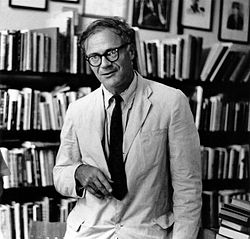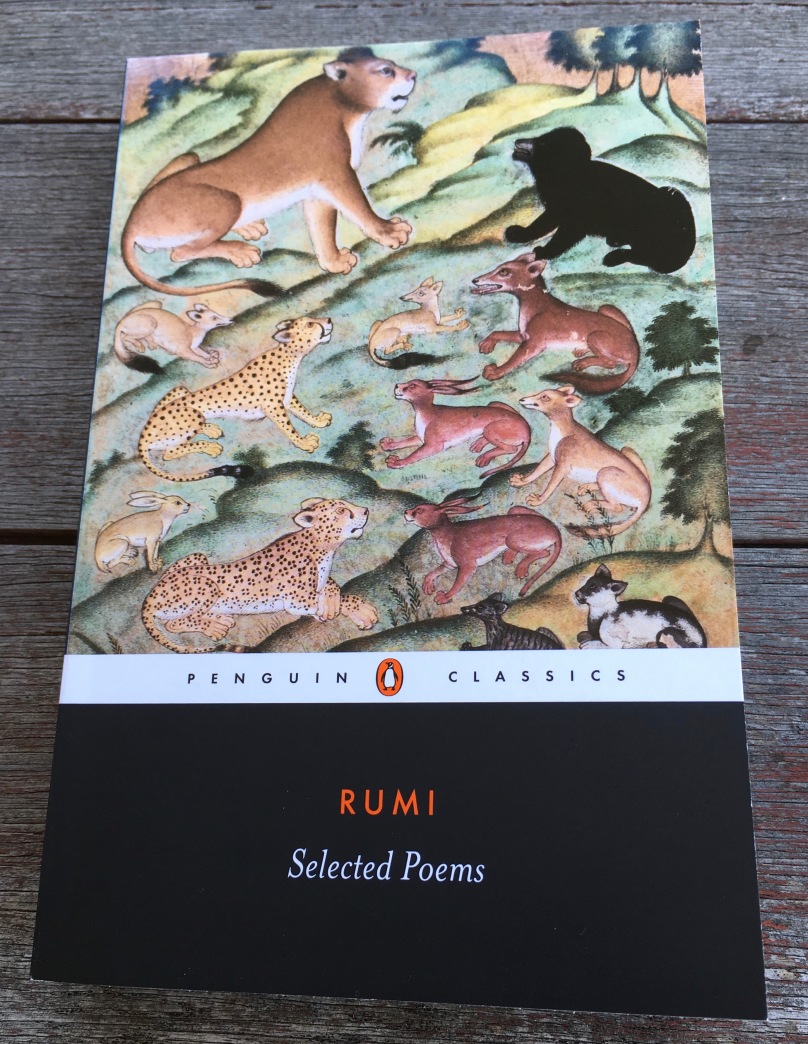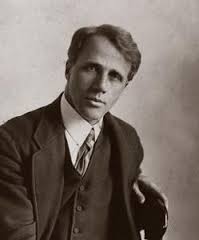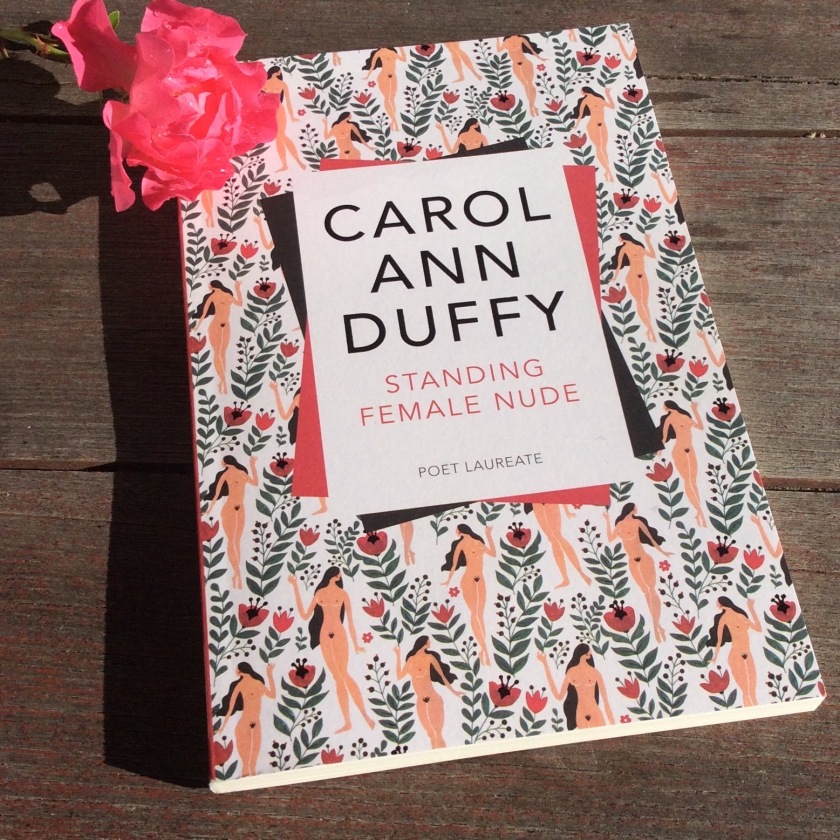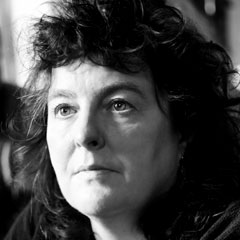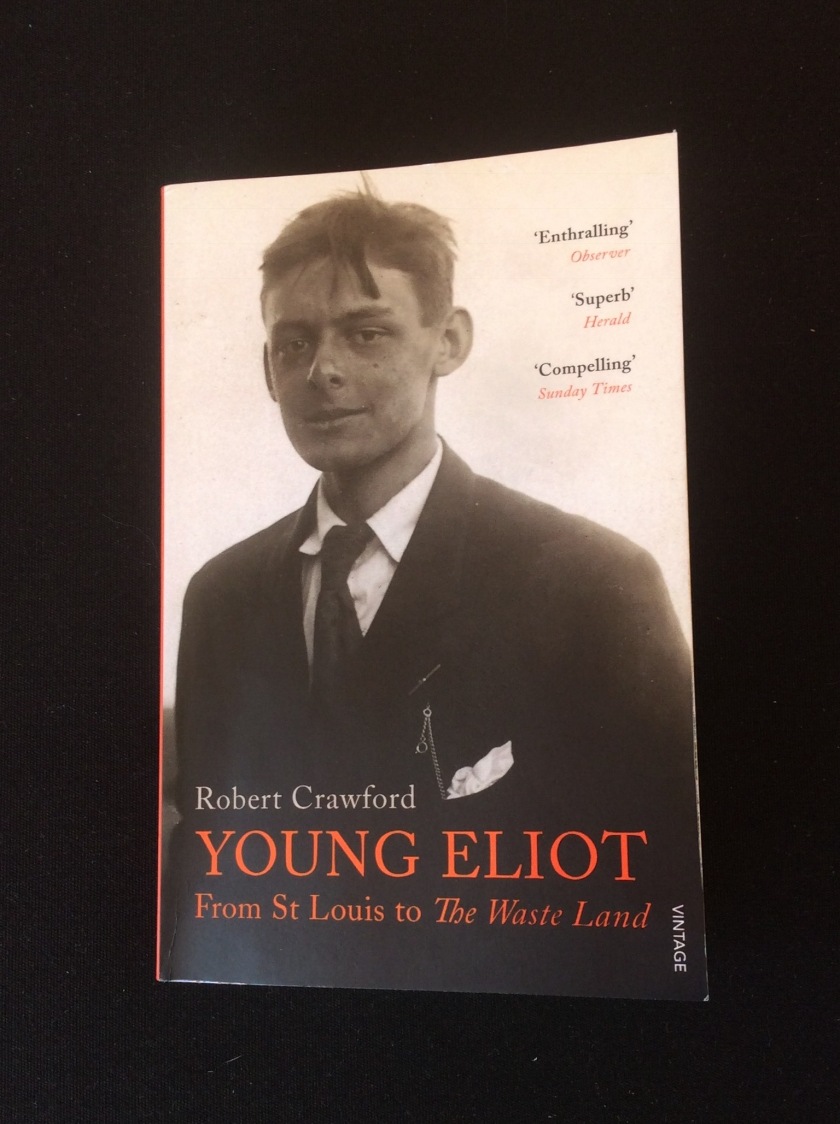
by Robert Lowell
Nautilus Island’s hermit
heiress still lives through winter in her Spartan cottage;
her sheep still graze above the sea.
Her son’s a bishop. Her farmer
is first selectman in our village;
she’s in her dotage.
⭐️
Thirsting for
the hierarchic privacy
of Queen Victoria’s century,
she buys up all
the eyesores facing her shore,
and lets them fall.
⭐️
The season’s ill—
we’ve lost our summer millionaire,
who seemed to leap from an L. L. Bean
catalogue. His nine-knot yawl
was auctioned off to lobstermen.
A red fox stain covers Blue Hill.
⭐️
And now our fairy
decorator brightens his shop for fall;
his fishnet’s filled with orange cork,
orange, his cobbler’s bench and awl;
there is no money in his work,
he’d rather marry.
⭐️
One dark night,
my Tudor Ford climbed the hill’s skull;
I watched for love-cars . Lights turned down,
they lay together, hull to hull,
where the graveyard shelves on the town. . . .
My mind’s not right.
⭐️
A car radio bleats,
“Love, O careless Love. . . .” I hear
my ill-spirit sob in each blood cell,
as if my hand were at its throat. . . .
I myself am hell;
nobody’s here—
⭐️
only skunks, that search
in the moonlight for a bite to eat.
They march on their soles up Main Street:
white stripes, moonstruck eyes’ red fire
under the chalk-dry and spar spire
of the Trinitarian Church.
⭐️
I stand on top
of our back steps and breathe the rich air—
a mother skunk with her column of kittens swills the garbage pail
She jabs her wedge-head in a cup
of sour cream, drops her ostrich tail,
and will not scare.
⭐️
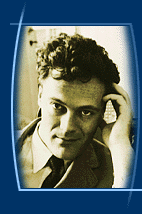
Poetry is one of my favourite genres and I hope to post on a particular poem regularly.
There’s so much happening in this poem, with its vignettes of a declining town, its alliteration and precarious line endings. Also what a great image of a mother skunk and her tenacity!
The ‘hermit heiress’ is a self centred loner, and the repetitive use of the possessive pronoun ‘her’ emphasises her elitism and her dreams of past glory. She longs for a past before her exclusive world was invaded by outsiders like our ‘summer millionaire’. Deluded, he wishes to find acceptance in the heiress’s world, unaware that it is crumbling.
Poignantly, the possessive pronoun used about the ‘fairy decorator’, which here instead of selfishness and exclusivity, indicates a subtle pride in his work and tenuous outcast identity.
Lowell became known as one of the first ‘confessional’ poets, and his mental torment is expressed with dramatic intensity in lines like ‘my mind’s not right’ and ‘I myself am hell, nobody’s here’, which references Milton’s ‘Paradise Lost’.
The skunks are shown to have a unity and sense of community missing in the human world of the poem. They take the poet out of his nightmare experience, into a feeling of hope that he will survive, due to the example of their stoicism and single mindedness. ‘a mother skunk with her column of kittens swills the garbage pail’. I love this poem with its strong imagery and its ending of a mother skunk that ‘will not scare’.
⭐️
Lowell was born in 1917 to an old Boston family that could trace its origins to the Mayflower, and is his poetry he is both repelled and fascinated by his Puritan heritage. He had a tumultuous life, having three difficult marriages, and dying in 1977. Much of his poetry deals with his mental illness. He suffered from bipolar disorder and had frequent stays in mental hospitals to manage his condition
He wrote intensely and uninhibitedly about his family, his privileged background and his mental health struggles in “Life Studies” from which this poem is taken.
In an era where on-line confessions about our innermost thoughts are so common, it’s difficult to comprehend how the candidness of his confessional poetry was so incendiary. His best poetry is intimate, disturbing and very powerful. He is without doubt one of America’s best poets of the twentieth century.
⭐️
This Faber edition of his selected poems is a good general introduction to Lowell’s work.
